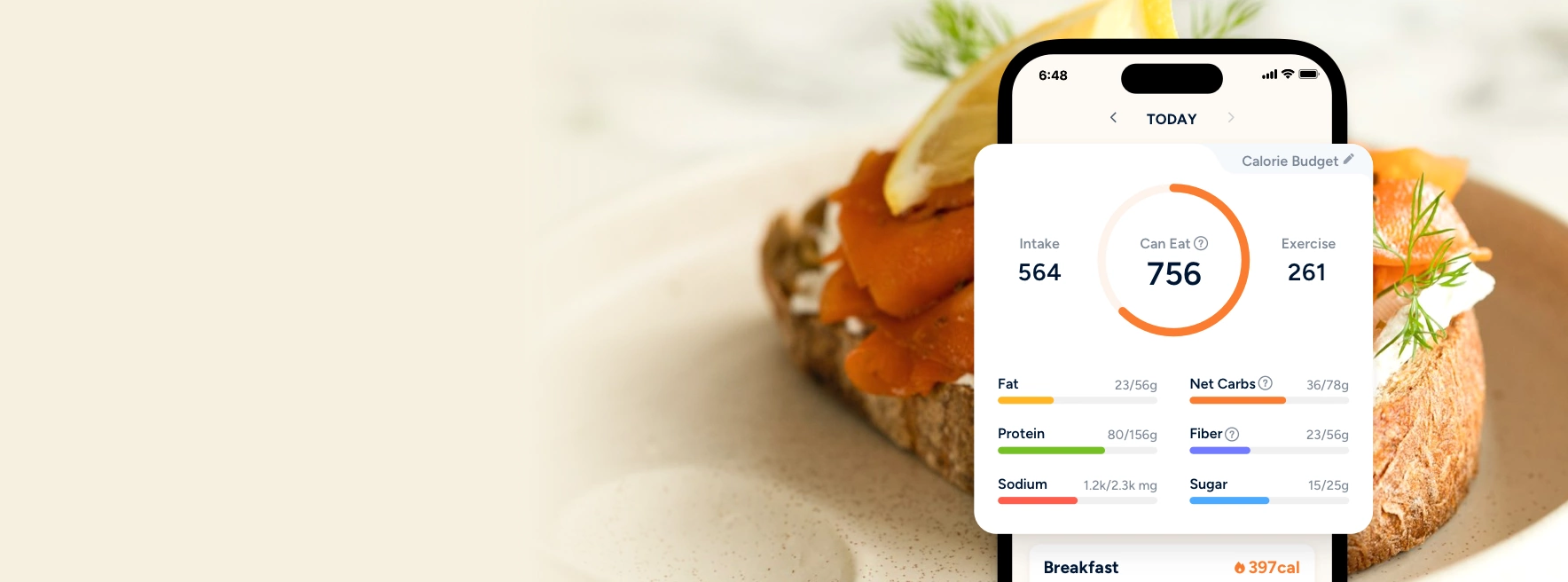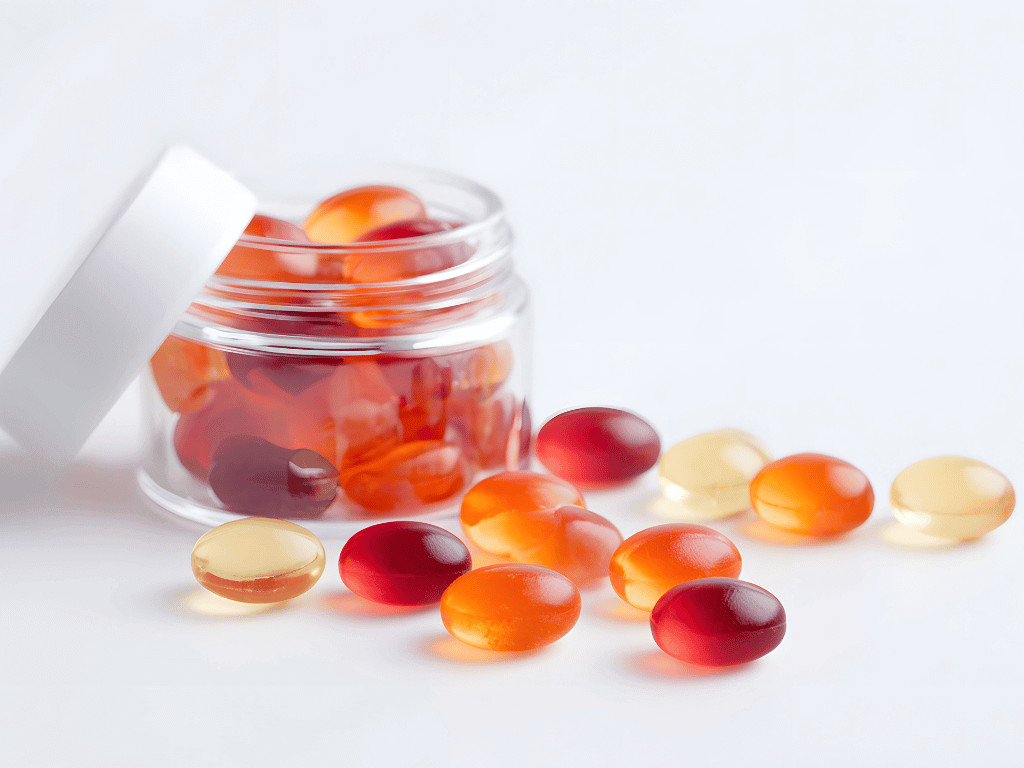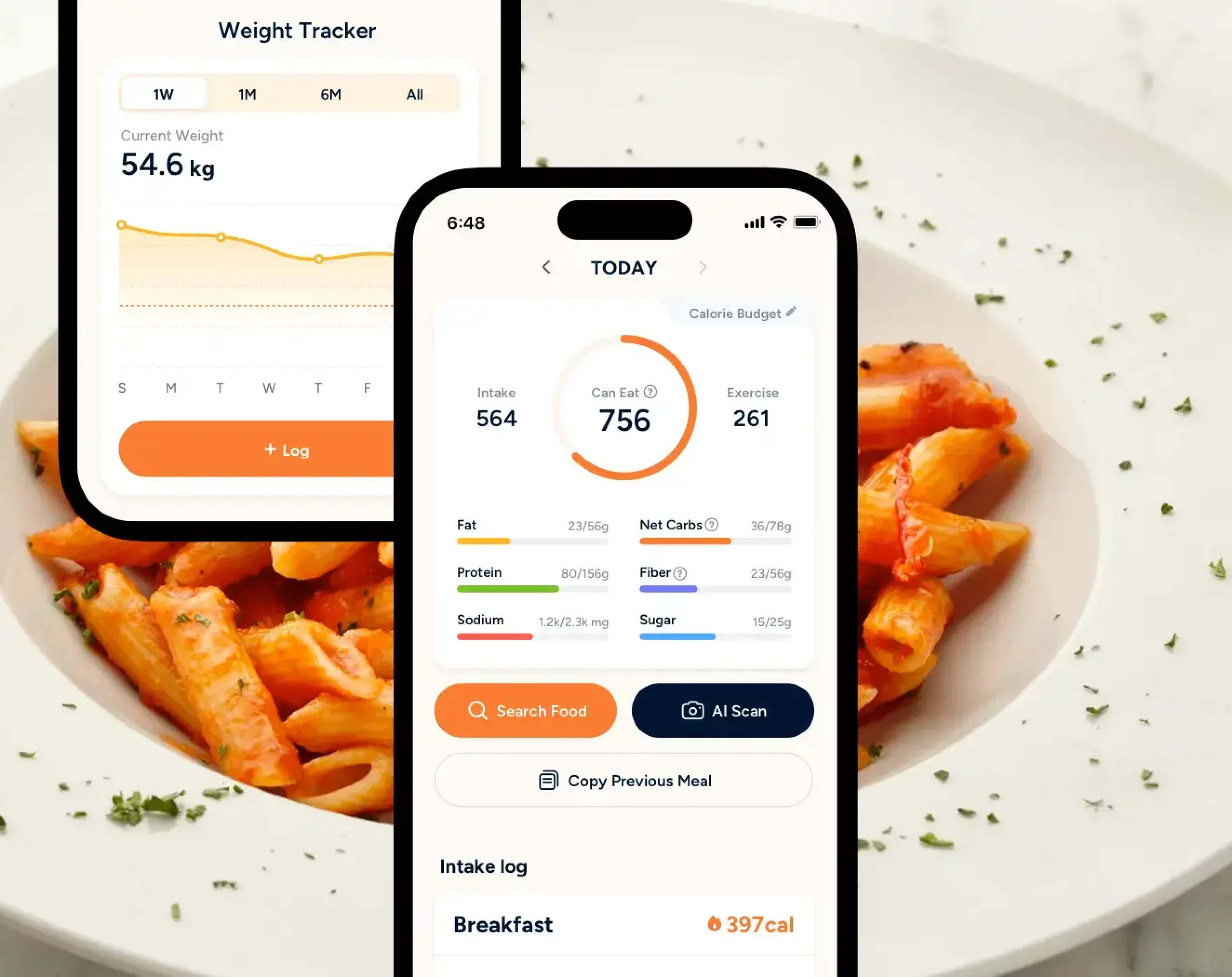Sweet, chewy, and packed with a lot of nutrients, dates are often used as a substitute for refined sugar. It can be eaten on its own or used as a natural sweetener for cakes, protein balls, muffins, and much more. But if you’re living with diabetes, you might wonder: are dates good for diabetics? Because while they have a ton of nutritional benefits, they are also high in sugar. Let’s break down the effects of dates on blood sugar, their benefits, and if it is suitable for those diagnosed with diabetes.
Key Takeaways
- Dates are nutrient-rich but naturally sweet.
- Dates have a GI ranging from 42.8 to 74.6. Low-GI varieties like Ajwa and Shagra are safer for people with diabetes as they have less impact on blood sugar levels.
- Consuming 2–3 dates per day is generally safe. Combining it with protein and healthy fats can slow sugar absorption and prevent spikes in blood glucose.
- Dates may improve digestion due to high fiber content, support heart health by increasing HDL and reducing LDL cholesterol, and provide antioxidants that reduce oxidative stress.
- Dates can be part of a diabetic-friendly diet if eaten mindfully and in moderation.
What Are Dates?

Dates have a chewy texture and come in different varieties. They’re commonly used as a natural sweetener alternative, as they’re rich in fructose and dense in other nutrients.
Date nutritional information
Generally, one date provides an estimated 23 calories, 0.1g of protein, 6g of carbohydrates, and 0g of fat [1]. They are also a good source of potassium, magnesium, iron, and other macronutrients.
Here’s a detailed breakdown for one date (8g):
- Calories: 23
- Protein: 0.1g
- Total fat: 0g
- Carbohydrates: 6g
- Fiber: 0.6g
- Total sugars: 5g
- Potassium: 53 mg
- Magnesium: 3.4 mg
- Iron: 0.1 mg
- Folate: 1.52mcg

Smarter Nutrition Tracking
Track calories and over 100 other nutrients all in one place.
Download Eato For FreeDates’ Glycemic Index: How It Affects Blood Sugar
Are dates good for diabetics? Glycemic indices are often used to determine the effects of foods on blood glucose levels after eating. For dates, each variety has its own glycemic index. On average, the glycemic index (GI) for dates ranges between 42.8 to 74.6 [2].
Foods that are higher in GI should be avoided as they can cause blood sugar spikes to occur. Any food that has a GI of 55 or less is considered to be a low glycemic index food, safe for diabetic patients to consume.
For those with diabetes mellitus, you should opt to consume dates that have the lowest glycemic indices, such as Ajwa and Shagra dates.
How many dates can a diabetic eat in a day?
It’s also important to consume it in moderation and not overeat to keep blood sugar levels in check. It is recommended to keep date consumption up to a maximum of two to three servings of dates per day.
Benefits of Eating Dates
Some animal studies have shown that date fruit consumption can have potential health benefits in the treatment and prevention of diabetes.
One study that involved 50 rats with induced type 2 diabetes found that the ingestion of date fruit extract had helped to increase insulin levels and decrease blood glucose levels [3].
In a similar study that involved male diabetic rats, it also showed that dates had increased insulin levels [4]. Both studies demonstrated that dates could reduce blood glucose levels and treat diabetes.
a) Improved digestion

Dates are naturally high in fiber, which encourages bowel movements, lowering the chances of constipation, and supporting overall digestive health [5].
In a study that looked at the impact of palm date consumption, 22 volunteers were assigned to either a control group, where they had to consume a carbohydrate and sugar mixture. Or an intervention group where they had to consume dates for 21 days. Thereafter, the groups were swapped over after 14 days of no intervention.
It was found that those who had consumed dates experienced significant increases in their bowel movements and stool frequency [6]. This is likely due to the high fiber content in dates.

Smarter Nutrition Tracking
Track calories and over 100 other nutrients all in one place.
Download Eato For Freeb) Antioxidants rich
Dates are also rich in antioxidants that reduce oxidative stress and also to prevent many diseases such as heart disease, cancer, and diabetes [7].
The antioxidant properties found in dates include carotenoids, polyphenols, sterols, and tannins [8].
c) Supports heart health
The high polyphenolic compounds increase the high-density lipoprotein (HDL) cholesterol while reducing the total cholesterol level. High HDL cholesterol and lower LDL cholesterol levels contribute to a lower risk of heart disease [9].
Are Dates Good for Prediabetics?
Are dates good for diabetics? For individuals with prediabetes, dates can be enjoyed as part of a balanced diet, provided that it is eaten mindfully and in moderation.
Dates are naturally sweet fruits that are packed with a lot of nutrients and have quite a low glycemic index (GI), depending on their variety. Compared to refined sugar, they don’t cause unwanted blood sugar spikes when it is consumed in moderation. Eating two to three servings of dates can be beneficial for health, but eating too much at one go can raise blood glucose levels.
It’s important not to eat it in excess and to complement it with a protein or healthy fat source, such as nuts, to help control blood sugar and slow down sugar absorption.
Other Alternatives to Dates
Besides dates, other fruits that are diabetic friendly a low to moderate glycemic index (GI) and glycemic load (GL).
According to the American Diabetes Association (ADA), the best fruit choices for those with diabetes include fruits that are fresh, frozen, or canned without any added sugars [10].
Some common fruits include:
- Apple
- Apricot
- Avocado
- Blueberry
- Cherry
- Orange
- Grapefruit
- Grape
- Pear
- Peach
- Plum
The Final Takeaway: Eat in Moderation
Dates are both highly nutritious and naturally sweet in taste. They can be added as part of a diabetic-friendly diet, but still keeping in mind portion control. Overconsumption of dates can lead to spikes in blood sugar. Hence, you should eat them mindfully.
One way to keep track of your sugar intake and know what foods can increase your blood sugar levels is by using the Eato app. Eato helps you log foods, monitor carbs, sugar intake, and track your overall nutrition. Make the right food choices and take charge of your health today! Try Eato now for free.

Smarter Nutrition Tracking
Track calories and over 100 other nutrients all in one place.
Download Eato For Free



